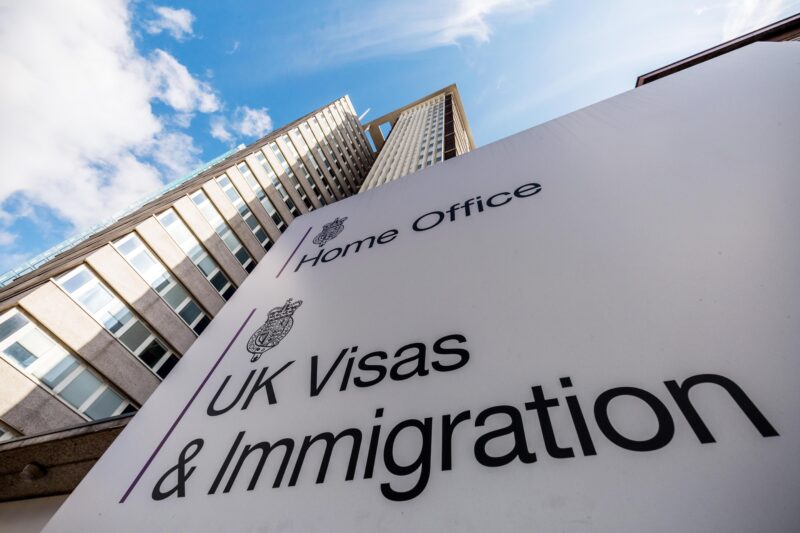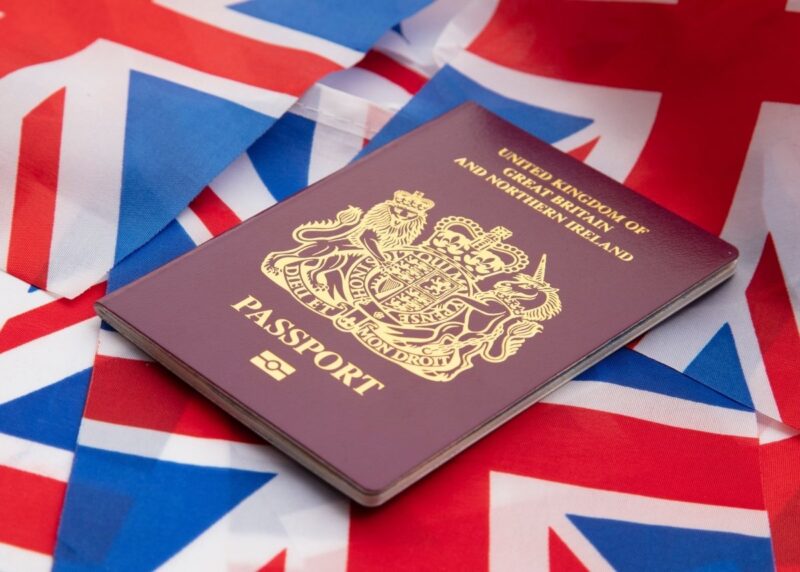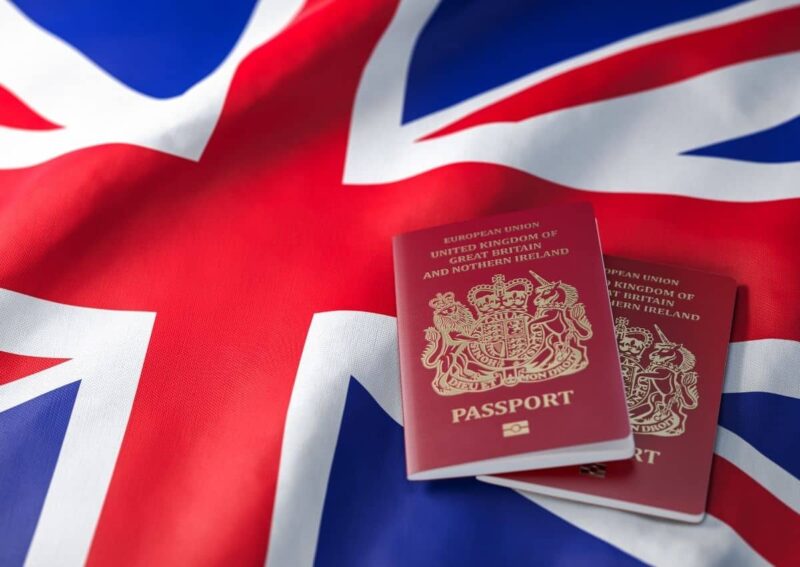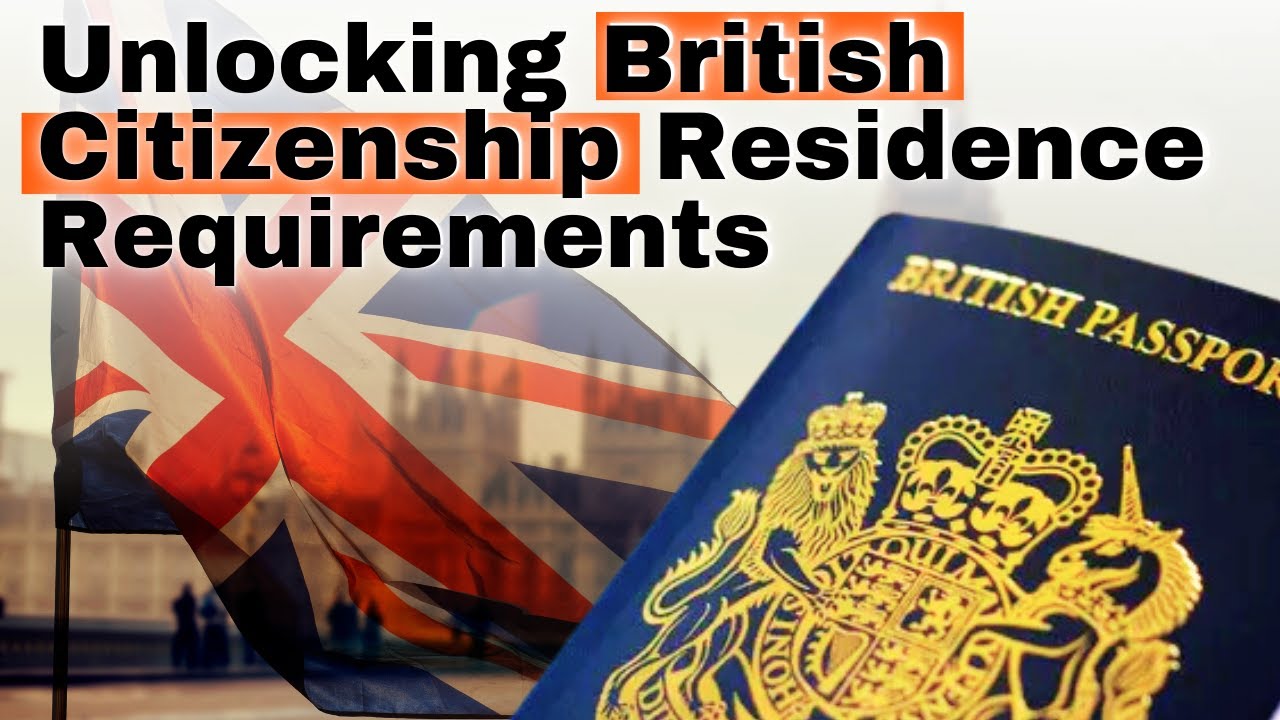Embarking on a journey from residency to citizenship in the United Kingdom is a significant and life-changing endeavor. This transformative process opens doors to a world of opportunities, rights, and responsibilities that come with being a British citizen. In this comprehensive guide, we will take you through the various stages of this journey, from securing residency to attaining full UK citizenship, providing valuable insights, requirements, and tips to help you navigate each step successfully.
Stage 1: Residency in the UK

Before you can become a British citizen, you must establish your legal residency in the UK. There are several routes to residency, each tailored to specific circumstances:
- Work Visas: Many individuals initially come to the UK on work visas. These visas grant temporary residency based on employment. To transition from a work visa to permanent residency, you may need to meet certain criteria, such as continuous employment or switching to another visa category.
- Family Visas: If you have family members who are British citizens or settled residents, you may be eligible for a family visa. These visas grant temporary residency and can eventually lead to indefinite leave to remain (ILR) and citizenship.
- Student Visas: Student visas offer temporary residency for individuals pursuing education in the UK. After completing your studies, you may have the opportunity to switch to another visa category or apply for a work visa.
- Investor and Entrepreneur Visas: High-net-worth individuals often opt for investor or entrepreneur visas, which can lead to ILR and ultimately citizenship if specific financial and business requirements are met.
Stage 2: Indefinite Leave to Remain (ILR)
Indefinite Leave to Remain (ILR) is a pivotal milestone on your journey to UK citizenship. It represents permanent residency in the UK and is often a prerequisite for citizenship. To qualify for ILR, you typically need to meet the following criteria:
- Reside in the UK for a specified continuous period (usually five years, but it may vary depending on your visa category).
- Demonstrate a commitment to the UK and good character.
- Pass the Life in the UK Test (discussed in detail later in this guide).
- Meet English language proficiency requirements.
Once you secure ILR, you gain greater freedom and flexibility in the UK. You are no longer subject to immigration restrictions and can work, live, and travel without time limitations.
Stage 3: The UK Citizenship Test

The UK Citizenship Test, formally known as the Life in the UK Test, is a critical step on your journey to citizenship. This examination assesses your knowledge of British history, culture, society, and values, as well as your language proficiency. To prepare for the test:
- Study the official “Life in the UK” handbook, available for purchase.
- Utilize practice tests and study guides to reinforce your knowledge.
- Ensure your English language skills meet the required standards.
Successfully passing the test is a mandatory requirement for most adult applicants applying for British citizenship. It demonstrates your commitment to embracing British culture and values.
Stage 4: British Citizenship

After meeting all the prerequisites, you can finally apply for British citizenship. The application for citizenship UK process typically involves:
- Completing the Application Form: Submit the appropriate citizenship application form, available on the UK government’s official website.
- Providing Supporting Documents: Gather and submit all required documents, such as proof of identity, residence, and language proficiency.
- Attending a Citizenship Ceremony: If your application is approved, you will receive an invitation to a citizenship ceremony. Here, you will pledge allegiance to the UK and receive your certificate of citizenship.
- Applying for a British Passport: While not mandatory, applying for a British passport is highly recommended. It simplifies international travel and serves as a powerful identification document.
Rights and Responsibilities of British Citizens

Becoming a British citizen bestows a range of rights and responsibilities:
Rights:
- Freedom to Live and Work: You can live and work in the UK without immigration restrictions.
- Voting Rights: As a British citizen, you have the right to vote in all UK elections.
- Access to Public Services: You can access public services, including healthcare and education, on the same terms as other UK nationals.
- Global Mobility: A British passport provides visa-free or visa-on-arrival access to numerous countries.
Responsibilities:
- Loyalty: British citizens are expected to be loyal to the UK and its values.
- Obeying Laws: Citizens must abide by UK laws, including paying taxes and respecting the rights of others.
- Civic Participation: You may be called for jury service, a civic duty that involves participating in legal trials.
- Defending the UK: In times of national crisis, British citizens may be called upon to defend the country.
Conclusion
The journey from residency to citizenship in the UK is a profound transformation, one that grants you full membership in a diverse and vibrant nation. It requires dedication, commitment, and a clear understanding of the steps and requirements involved. By following this comprehensive guide and seeking guidance when needed, you can navigate each stage successfully and embark on a fulfilling life as a British citizen, contributing to the rich tapestry of British society.

